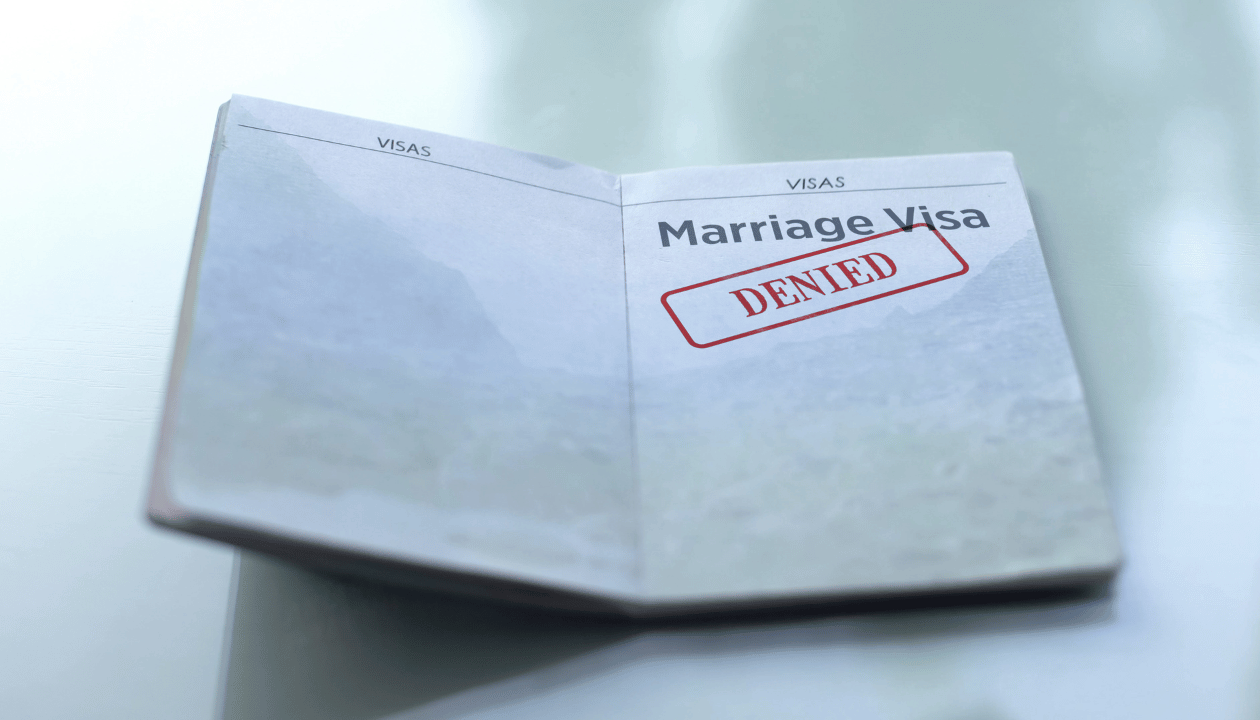Is Your Family Growing?
Having children is one of the most amazing blessings you and your family can receive. Planning your nursery, buying baby clothes, and babyproofing your house are all a part of the beautiful process of having a child!
When you choose to adopt, you are spreading that blessing beyond you and your family and sharing it with a child who is hoping for parents. This does, however, mean more hoops you will need to jump through. Suppose you are adopting a child from another country. In that case, you will face even more complicated legal hoops to ensure your future child not only makes it safely to the United States but they are also recognized as a citizen. They can receive all of the benefits of a U.S. citizen.
In the midst of all the excitement, you may be worried about how to navigate the complex immigration system. That’s okay; we are here to help! Contact us to schedule an initial consultation.
Starting Your Adoption Journey
If you’re thinking about adopting a child from abroad, the first step is finding the right adoption agency. Look for one with a solid track record in international adoptions and experience working with the country’s adoption laws.
Choose the Right Adoption Agency
Select an agency accredited by both the U.S. and the child’s home country. Ensure they have the expertise needed to guide you through the specific requirements of your chosen nation.
Consult with an Immigration Attorney
Before or after selecting an adoption agency, it’s wise to consult with a qualified immigration attorney. The Chidolue Law Firm can guide you through both the adoption and immigration processes. Our attorneys can help ensure you meet all legal requirements, increasing your chances of a smooth transition.
Complete the Home Study
As part of the adoption process, you will need to complete a home study. This study, conducted by an authorized agency, assesses your readiness to adopt and ensures the home environment meets the child’s needs.
By working with the right professionals, you can simplify the international adoption process, creating a smoother path to welcoming your child into your family.
Are All Adoptions the Same?
The process of adopting a child from another country can feel overwhelming, but with the right guidance, it can be a rewarding experience. One crucial step is understanding the different types of international adoptions and their unique rules and regulations.
Types of International Adoption
There are three primary types of adoption when adopting a child from abroad: international adoption, Hague adoption, and non-Hague adoption. Each type follows a different set of procedures, which can vary greatly depending on the child’s country of origin. Your immigration attorney will provide you with the information you need to determine which type of adoption applies to your situation and help you navigate the specific requirements for each.
The Role of an Immigration Lawyer in Adoption
Working with a knowledgeable immigration attorney is essential throughout the international adoption process. Your attorney will ensure that all legal requirements are met, including documentation, background checks, and immigration procedures. They will assist you with any challenges or obstacles that may arise and offer valuable insight into how to proceed with your adoption application.
By partnering with an immigration lawyer, you gain a trusted ally who can guide you through the complexities of international adoption, making the process more manageable and less stressful for adoptive parents.
The Convention Process
The Hague Convention, which is usually called simply the convention process, is an international agreement to safeguard intercountry adoptions. The convention created an international standard of practice for adoptions outside of your home country. The Convention applies to all adoptions by U.S. citizens of children who reside in any country outside of the U.S. that is party to the Conventions.
It is important to note that the Conventions prevent prior contact between prospective adoptive parents and the child’s parents or legal guardian unless the child and the prospective adoptive parents are related.
The Non-Convention Process
The non-Convention process is also referred to as the Orphan process. To adopt a child from a non-Convention country, the child must qualify as an orphan under U.S. immigration law. Usually, you must begin the adoption process before the child’s 16th birthday.
The Family-Based Petition Process
The family-based petition process allows you to adopt an immigrant child so long as they have lived under your custody for at least two years, they are 16 or younger, or 18 or younger, and the sibling of a 16 or younger adopted child. It is important to note that this two-year period of living under your custody does not always have to be consecutive.
What Should You Watch Out For?
As you can see, adopting a child using any of the above methods can be difficult. Here are a few things to consider.
Adopting children from another country often has stricter requirements than when doing a domestic adoption. Some countries do not legitimize homosexual marriages and do not allow LGBTQ adoptions.
You also have to keep in mind the travel necessary for an intercountry adoption. You will likely need to travel to the country of your future child more than once, which can be expensive and very time-consuming. The country you are adopting from may have political turmoil or an unstable government, which means unique situations for you and your future adopted child.
When adopting a child from another country, there may be a day when they want to explore their culture and customs, a task that will fall on you as their parent. You may face language barriers and other cultural roadblocks.
Do You Need a Lawyer?
You will likely need an attorney when going through the adoption process, which is a lengthy legal process. Your attorney will ensure you are compliant with all laws of both the U.S. and the country your future child is from.
We have experience working with a variety of immigration cases and can help you make your family more complete! Don’t risk your future family; work with an attorney who is versed in immigration law and will help you bring your future child home.
Please call us at 678-325-1037 or 678-325-1037 to speak with the compassionate team and request a consultation with The Chidolue Law Firm.



